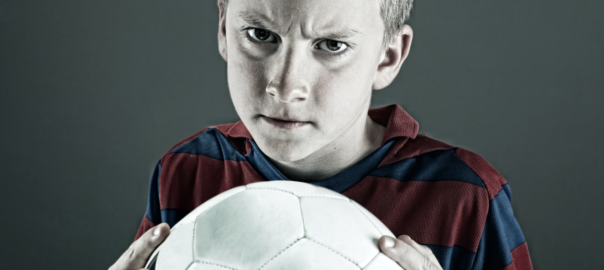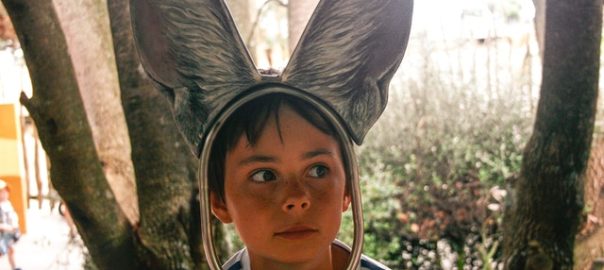
Harmony children* are just what the name implies — they thrive on harmony. They hate fights, anger and tension and will do what they can to avoid it. Unlike an Integrity child*, Harmony kids can easily comply with your wishes and back down when faced with anger. Similar to the Dandelion child* who does well in any environment, your Harmony child is likely to be flexible and can transition well.
Whereas an Integrity child has you tearing your hair out, Harmony kids make you feel like a great parent. They will work hard to meet high expectations. This child can get very upset and angry but gets over it pretty quickly. Things that stick to your Integrity kid like Velcro, roll off your Harmony child like water off a duck’s back. This child is easy to live with and doesn’t often stress you out or give you reason to worry.
They make great friends and generally have lots of them. They are easy to like as they are good at understanding all points of view. They can move from group
















